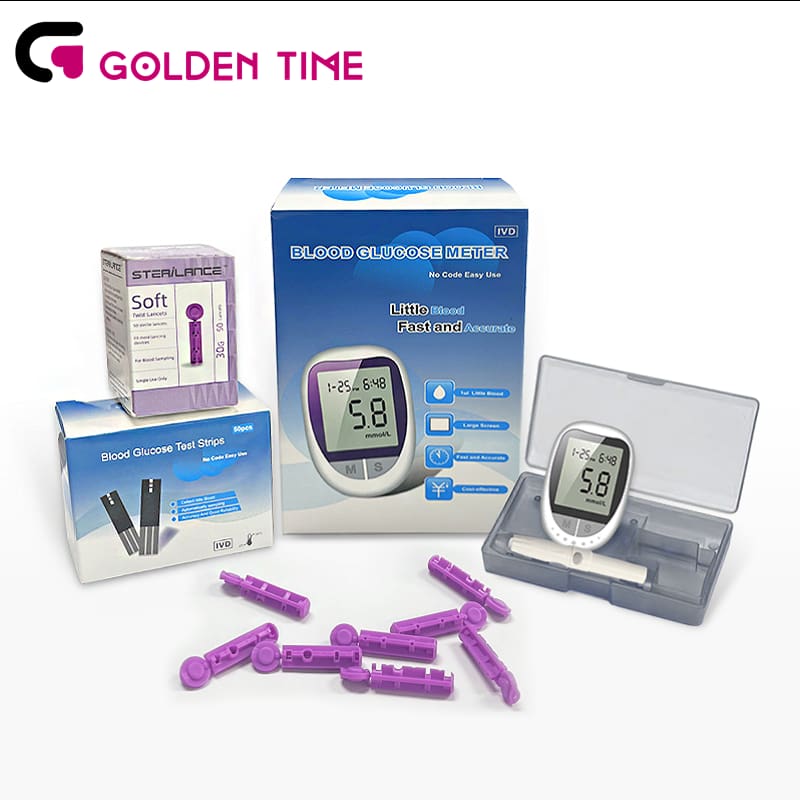Jan . 14, 2025 13:49 Back to list
hiv ab/ag gen blood rapid test kit
Taking an HIV test is crucial for maintaining not only personal health but also public well-being. When considering this important health check, you are not just assessing your current status; you are actively contributing to broader community health efforts. Every year, millions of people undergo HIV testing, yet the process remains shrouded with misconceptions and apprehension. Here’s why opting for an HIV test is both a responsible and potentially lifesaving decision.
The expertise surrounding HIV testing cannot be overstated. Healthcare professionals involved in the testing process are equipped with comprehensive knowledge, offering valuable insights not only about the test but also about prevention and treatment options. Their expertise ensures that you are not merely a test subject; you become a well-informed participant in your health, capable of making educated decisions based on your results. In terms of authoritativeness, recognized health organizations such as the CDC and WHO continually endorse the importance of HIV testing as part of routine health care. They provide guidelines that emphasize the global necessity of regular testing, ensuring that public health messages are consistent and reliable. Lastly, the trustworthiness of HIV testing is backed by decades of research and continuous improvement. Modern HIV tests are subject to rigorous accuracy and reliability checks, ensuring they provide results that individuals can rely on with confidence. As more individuals share their testing experiences and stories of proactive health management, the stigma surrounding HIV testing continues to diminish, fostering an environment of openness and trust. By taking an HIV test, you're not just receiving critical information about your health status; you're engaging with a process supported by expertise, authority, and trust. You become a part of a global movement that recognizes the importance of health awareness and community responsibility. In this light, HIV testing is not merely a personal health check; it is an empowering step toward a healthier global community.


The expertise surrounding HIV testing cannot be overstated. Healthcare professionals involved in the testing process are equipped with comprehensive knowledge, offering valuable insights not only about the test but also about prevention and treatment options. Their expertise ensures that you are not merely a test subject; you become a well-informed participant in your health, capable of making educated decisions based on your results. In terms of authoritativeness, recognized health organizations such as the CDC and WHO continually endorse the importance of HIV testing as part of routine health care. They provide guidelines that emphasize the global necessity of regular testing, ensuring that public health messages are consistent and reliable. Lastly, the trustworthiness of HIV testing is backed by decades of research and continuous improvement. Modern HIV tests are subject to rigorous accuracy and reliability checks, ensuring they provide results that individuals can rely on with confidence. As more individuals share their testing experiences and stories of proactive health management, the stigma surrounding HIV testing continues to diminish, fostering an environment of openness and trust. By taking an HIV test, you're not just receiving critical information about your health status; you're engaging with a process supported by expertise, authority, and trust. You become a part of a global movement that recognizes the importance of health awareness and community responsibility. In this light, HIV testing is not merely a personal health check; it is an empowering step toward a healthier global community.
Latest news
-
Reliable Early Pregnancy Test Kit Supplier - Multi Plastic Cassette Options
NewsJul.30,2025
-
Transferrin Rapid Test Cassette – Reliable Tumor Marker Detection
NewsJul.29,2025
-
Accurate Follicle Stimulating Hormone Test Kit | Rapid Reliable Results
NewsJul.29,2025
-
High Accuracy LH Ovulation Test Kit - Digital Results & Wholesale Options
NewsJul.29,2025
-
HbsAg Blood Rapid Test Kit for Fast & Accurate Hepatitis B Detection
NewsJul.28,2025
-
Sterile Urine Cup for Safe & Easy Collection | High-Quality Specimen Cups
NewsJul.28,2025

